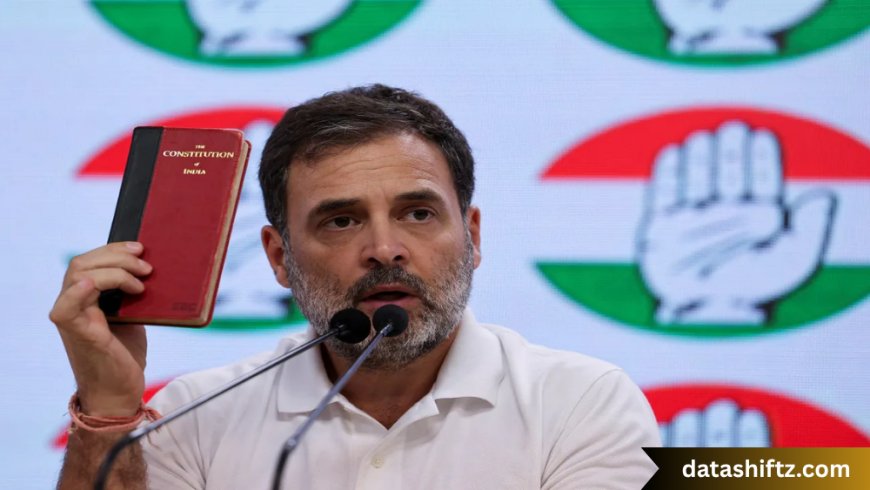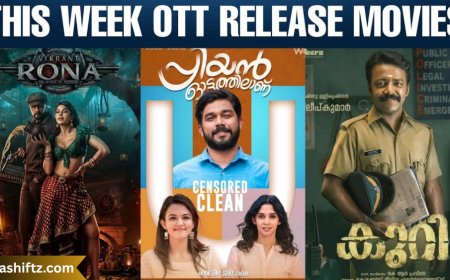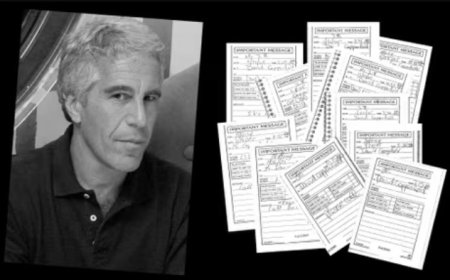Rahul Gandhi: The Evolution of a Political Leader

Introduction
Rahul Gandhi, a prominent figure in Indian politics, has been both a symbol of continuity and change in the country's democratic landscape. As the scion of the Nehru-Gandhi family—one of the most influential political dynasties in India—Rahul’s journey has been closely scrutinized, often polarizing public opinion. While he has faced criticism and skepticism over the years, his political evolution, resilience, and strategic recalibration have made him a central player in shaping contemporary Indian politics.
This blog post explores the life, political career, and evolving image of Rahul Gandhi. It delves into his background, milestones, public perception, and the key issues that define his role as a leader. Through structured sections, tables, and lists, we provide a comprehensive understanding of one of India's most talked-about politicians.
Early Life and Education
Rahul Gandhi was born on June 19, 1970, into India's most influential political family. He is the son of Rajiv Gandhi, former Prime Minister of India, and Sonia Gandhi, the former president of the Indian National Congress (INC). His grandmother, Indira Gandhi, and great-grandfather, Jawaharlal Nehru, also served as Prime Ministers.
Education and Global Exposure
Rahul's education was international and elite, aimed at protecting his identity during a time of political volatility.
-
Attended St. Stephen’s College, Delhi (briefly)
-
Studied at Harvard University and later Rollins College, Florida (under the pseudonym Raul Vinci)
-
Completed an MPhil in Development Studies from Trinity College, Cambridge
Rahul's diverse academic background exposed him to global politics and development economics, laying the foundation for his political insights.
Political Entry and Rise in the Congress Party
Rahul Gandhi entered active politics in 2004, contesting and winning the Lok Sabha seat from Amethi, Uttar Pradesh—a constituency previously held by his father and mother.
Key Milestones in Political Career (Table Format)
| Year | Event | Significance |
|---|---|---|
| 2004 | Entered politics; won Amethi seat | Marked the formal entry into Indian parliamentary politics |
| 2007 | Appointed General Secretary, Indian National Congress | Took charge of Youth Congress and NSUI |
| 2009 | Led Congress campaign; party wins 206 seats | Considered a successful phase under UPA-II |
| 2013 | Elevated to Vice President of INC | Positioned as the party’s future leader |
| 2014 | Led INC in General Elections (defeated) | Party reduced to 44 seats; faced massive criticism |
| 2017 | Became INC President | Took full control during a period of political crisis |
| 2019 | Lost Amethi seat; INC wins only 52 seats | Political setback; later resigned as party president |
| 2022 | Launched Bharat Jodo Yatra | Attempt to revive party image and connect with grassroots |
| 2024 | Played key role in INDIA alliance | Emerging as a strong opposition figure post-Lok Sabha elections |
Leadership Style and Political Ideology
Rahul Gandhi’s leadership is often described as inclusive, reformist, and idealistic. His politics focus on social justice, equality, democratic decentralization, and safeguarding constitutional institutions.
Key Elements of His Political Ideology (List Format)
-
✅ Secularism: Strong advocate of a pluralistic and inclusive India.
-
✅ Social Welfare: Emphasizes education, healthcare, and rights-based schemes.
-
✅ Pro-Farmer and Pro-Labor: Voices issues concerning rural India and laborers.
-
✅ Youth Empowerment: Rejuvenation of Youth Congress and student wings.
-
✅ Anti-Corporate Cronyism: Frequently speaks against perceived favoritism in policies.
-
✅ Institutional Integrity: Calls for strengthening of democratic institutions like the judiciary, Election Commission, and media.
His rhetoric often challenges the current ruling party (BJP), especially on issues like centralization of power, religious polarization, and press freedom.
Public Perception: From “Pappu” to a Serious Contender
For years, Rahul Gandhi was mocked and dismissed by opponents and parts of the media with the pejorative nickname “Pappu”. Critics cited gaffes, poor oratory, and lack of political sharpness. However, his consistent effort to stay relevant, especially after setbacks in 2014 and 2019, has led to a shift in public image.
His Bharat Jodo Yatra, launched in 2022, spanned over 4,000 km across India, aiming to unite the nation against hate and divisive politics. It was praised for its message and stamina, helping to rebuild Rahul's image as a committed, grassroots leader.
Key Contributions and Initiatives
1. Revitalization of Youth Politics
Rahul’s tenure in the Youth Congress and NSUI saw attempts to democratize these wings, introducing internal elections and promoting new leadership.
2. Role in Landmark Policies During UPA
While not in the Cabinet, Rahul influenced various welfare-driven schemes during the UPA era:
-
Right to Education Act
-
Food Security Act
-
MNREGA (Rural Employment Guarantee Scheme)
3. Championing Social Causes
Rahul Gandhi has been an active voice on:
-
Farmers’ protests (2020–2021)
-
Women’s safety and representation
-
Environmental justice
-
Digital surveillance and data privacy concerns
Rahul Gandhi vs Other Political Leaders (Table Format)
| Leader | Leadership Style | Party | Public Perception |
|---|---|---|---|
| Narendra Modi | Centralized, authoritative | Bharatiya Janata Party (BJP) | Popular, polarizing, dominant |
| Arvind Kejriwal | Populist, grassroots | Aam Aadmi Party (AAP) | Pragmatic, governance-focused |
| Rahul Gandhi | Idealistic, inclusive | Indian National Congress (INC) | Rebuilding image, empathetic |
| Mamata Banerjee | Fiery, populist | Trinamool Congress (TMC) | Strong state-level leadership |
| Akhilesh Yadav | Progressive, modernist | Samajwadi Party (SP) | Youth icon in UP politics |
Challenges and Criticism
Despite improvements, Rahul Gandhi faces several challenges:
Internal Party Crisis
The Congress has struggled with internal dissent, lack of regional leadership, and repeated electoral failures in state assemblies.
Narrative Battle
The BJP’s dominance in shaping national narratives—through media, social platforms, and organizational reach—has often sidelined Congress messaging.
Identity Crisis
Rahul is sometimes seen as undecided about his political style—whether to be an aggressive challenger or a compassionate visionary.
The Bharat Jodo Yatra: A Turning Point?
Rahul’s Bharat Jodo Yatra (2022–23) covered 12 states and 2 union territories, engaging with farmers, laborers, civil society members, students, and women. The campaign aimed to:
-
Counter divisive politics
-
Reinforce the idea of Indian unity
-
Reconnect with grassroots supporters
It received widespread attention and was seen as a genuine effort to relaunch both Rahul and the Congress party in a rejuvenated light.
Future Outlook: Can Rahul Lead Congress to a Revival?
Post-2024 elections, the Congress party under Rahul Gandhi has started recovering some lost ground, especially as a part of the INDIA alliance—a bloc of opposition parties formed to counter the BJP juggernaut. His ability to unite diverse parties under a common agenda speaks volumes about his growing political maturity.
With a greater emphasis on data-driven strategy, regional collaborations, and social media engagement, Rahul Gandhi's future as a national leader is slowly being redefined.
Conclusion
Rahul Gandhi’s political journey has been one of transformation, resilience, and reinvention. From being underestimated and mocked to becoming a serious opposition voice with a clear ideological stance, he has steadily matured into a leader with vision and grit.
Whether or not he ascends to the position of Prime Minister in the near future, Rahul Gandhi’s influence on Indian democracy—through ideas, activism, and opposition—cannot be denied. His story continues to unfold, reflecting the challenges and hopes of India’s evolving political narrative.





























